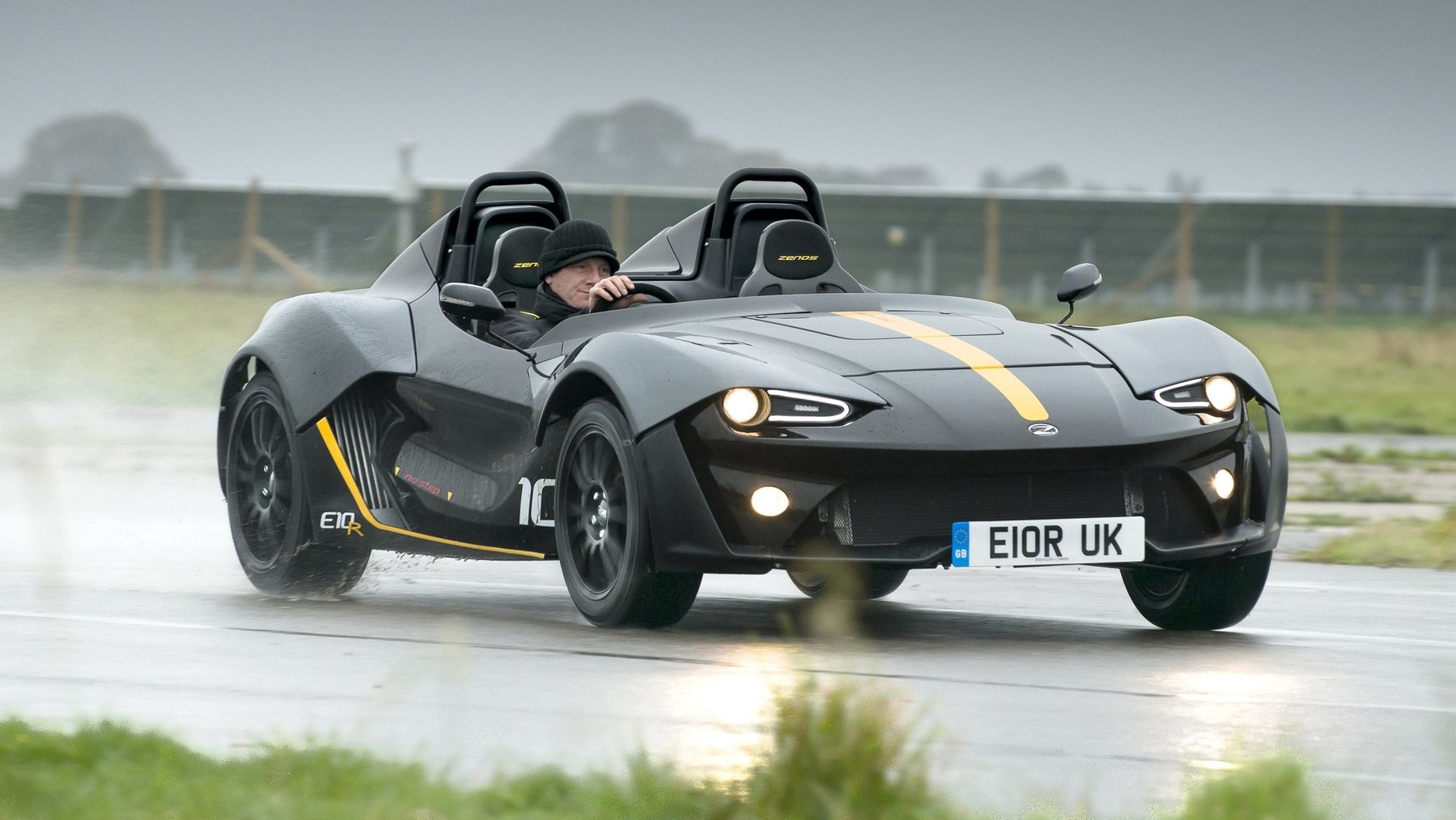Fresh off of celebrating the production of its 100th unit since production started 18 months ago, U.K.-based automaker Zenos is the recipient of even more good news after receiving a £250,000 ($326,000) grant from Niche Vehicle Network’s SME & Supply Chain Development competition to help the company develop a prototype hybrid version of its acclaimed E10 R track car.
The research and development project is part of a nine-month program that calls on Zenos to develop a hybrid powertrain for its track cars in order to meet increasing emissions regulations that are likely to be put in place in the near future. Currently, the automaker’s entire range of E10 models, including the E10 R, uses a 2.3-liter EcoBoost engine, including the E10 R. The grant isn’t meant to influence Zenos from cutting the production of its E10 family of track cars, or stopping it altogether. Instead, the grant was given to help the company look into the future layout of the industry where hybrids, EVs, and self-driving cars are being touted as the norms rather than the exceptions.
A hybrid version of the E10 R will go a long way in gaining acceptance in that kind of future. and Zenos itself doesn’t have a concrete hybridization strategy as managing director Mark Edwards pointed out to Autocar. The grant it received from the British government can go a long way in helping the company create one for its future, even though there’s no actual commitment from Zenos that it could put a hybrid E10 R into production. But that’s the point of the grant; it’s meant to give the automaker a clearer picture on whether a hybrid version of the E10 R is worth the long and winding road to get there.
Continue after the jump to read the full story.
Niche automakers still need some form of assistance
Major automakers don’t have issues funding their research and development programs because of their status in the industry. But that’s not the case for niche automakers like Zenos, a lot of whom rely on grants and fundings to further expand their respective businesses. Even Zenos isn’t a stranger to this; the company has received similar grants in the past, including one that helped it develop a recycled carbon fiber tub that it’s been using in the development of the E10.
This is a reality that small companies have to consistently deal with if they hope to remain active and competitive in the auto industry. Zeno managing director Mark Edwards even alluded to the importance of these grants when he told Autocar how critical they are in helping the company determine which projects are worth pursuing. “Every company like us has its own product and development capital availability, but that has to almost exclusively be spent on managing the life cycle of current products and developing new products. There just isn’t cash available to put into these risky, might-work-might-not projects.” he added.
The possibility of a hybrid Zenos E10 R is tantalizing, even though it does take some spirit away from the E10 R as a track car. But given the evolving nature of the auto industry and the growing importance of alternative power sources like hybrids and EVs, it’s very important for a niche company like Zenos to see what the potential is for a hybrid track car. Without a grant like this, it would be very difficult to finance an R&D program that can help the company get some clarity on the issue.
That’s why these grants are very important and that’s why Zenos would be smart to spend the money it received wisely.
Autocar

